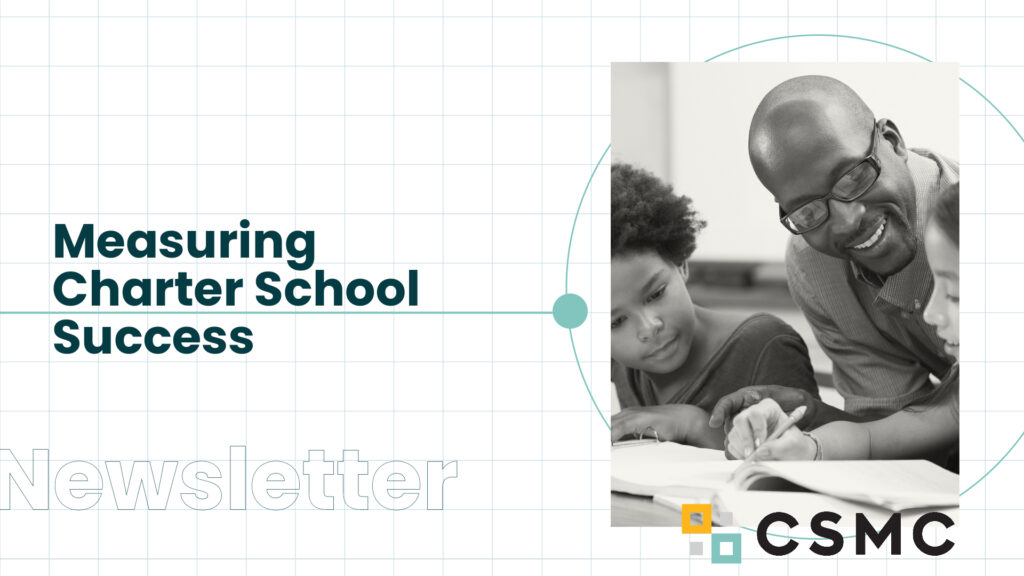
Contact us today for a free consultation.
- Newsletter
Measuring Charter School Success
- By: Jessica Herrera
Introduction
Charter schools have emerged as a dynamic force in the education landscape, offering innovative approaches to teaching and learning. As they become popular, the question of charter school success becomes increasingly relevant.
In this blog post, we will explore the various dimensions of charter school success and delve into practical methods to measure the achievement and impact of these unique educational institutions.
Defining Charter School Success
Charter school success extends beyond standardized test scores. It encompasses a holistic approach to education, focusing on various aspects that contribute to the development and growth of students. Critical dimensions of charter school success include:
1. Academic Achievement
Charter schools strive to provide high-quality education, ensuring students attain academic proficiency and reach their potential in core subjects.
2. Student Growth
Measuring student progress over time allows schools to assess the effectiveness of their instructional methods and tailor interventions to meet individual needs.
3. Graduation Rates
Tracking graduation rates is essential to ascertain whether charter schools prepare students for higher education and successful futures.
4. College and Career Readiness
Evaluating college acceptance rates and student readiness for career opportunities highlights the school’s impact on long-term student success.
5. Character Development
Charter schools often emphasize character education, nurturing students’ social and emotional skills to foster responsible and empathetic citizens.
6. Parent and Community Engagement
The level of involvement and satisfaction of parents and the community plays a crucial role in gauging the school’s impact on its stakeholders.
7. Dissolution
Address the process for dissolving the charter school, including asset distribution in compliance with applicable state laws.
Measuring Charter School Success
1. Standardized Test Scores
Though not the sole indicator, standardized test scores provide valuable insights into academic achievement and growth. Schools can compare results with state and national averages.
2. Student Assessments
Administering regular formative and summative assessments allows schools to track student progress and adjust instructional strategies accordingly.
3. Graduation and Post-Graduation Outcome
Monitoring graduation rates and tracking alum success provides a long-term perspective on the school’s impact.
4. Student Surveys
Gathering student feedback about their educational experience helps identify strengths and areas for improvement.
5. Parent and Community Surveys
Engaging parents and the community through surveys and feedback sessions fosters a collaborative environment and strengthens school-community partnerships.
6. Teacher Evaluations
Assessing teacher effectiveness and job satisfaction is vital to improving instructional practices and school culture.
7. Character Development Assessments
Implementing assessments or observation methods for character education enables schools to gauge the impact of character development programs.
8. College and Career Placement Rates
Tracking the number of students attending college or entering the workforce upon graduation illustrates the school’s effectiveness in preparing students for the future.
Conclusion:
Charter school success is a multifaceted concept encompassing academic achievement, student growth, character development, parent and community engagement, and college and career readiness.
Charter schools can comprehensively evaluate their impact and continually strive for improvement by employing a diverse range of assessment methods. Measuring success goes beyond standardized tests and requires a holistic understanding of each student’s growth and development.
As we celebrate the accomplishments of charter schools in providing innovative and inclusive education, continuous assessment and improvement remain essential to ensuring a brighter future for all students.
If you have questions or would like a free CSMC consultation, please reach out. CSMC has over 10 years of experience working side by side with school leaders across the education landscape.

